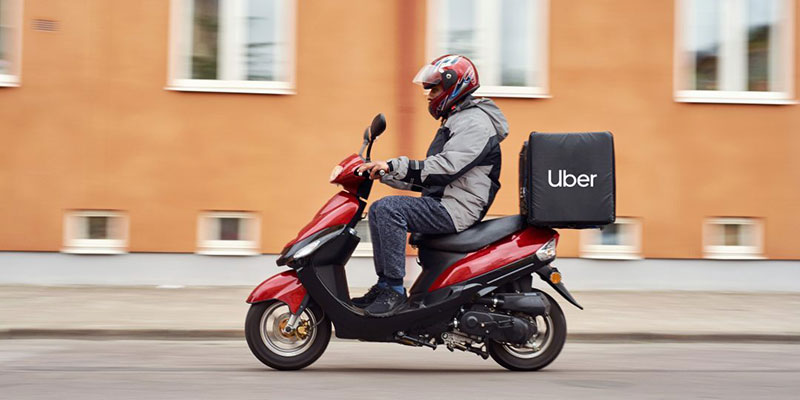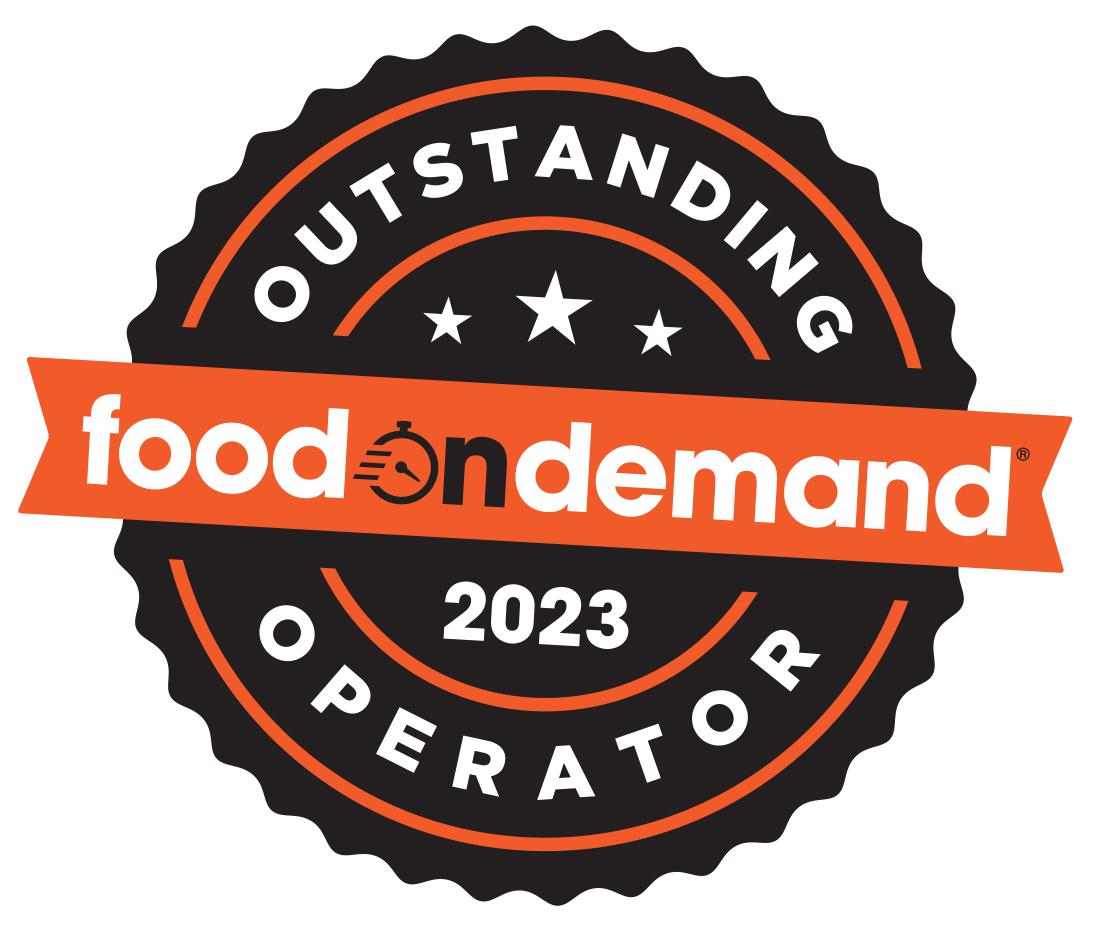Uber has added a pair of new services, Uber Direct and Uber Connect, that leverage the largest network of gig drivers in the world who suddenly have a lot less driving to do.
As the COVID-19 pandemic encroached into the U.S., Uber ridership tanked. In the dense urban areas hit hardest by the virus, rides were down as much as 70 percent. CEO Dara Khosrowshahi said on an investor call March 19 that the company would be fine even if ridership sank by 80 percent.
“We are well-positioned to weather this storm and have ample liquidity,” Khosrowshahi said.
During that investor update, the CEO also said Uber would be exploring new delivery opportunities to leverage the driver network in new ways and would be financially assisting drivers who saw a dramatic loss of income. Last week, the company outlined the help for drivers, and this week, it unveiled both of the new services.
Uber Direct bolsters the recent move to grocery, something the company has been working toward for a while, including investing in the space via the acquisition of Cornershop in October
The company also announced a handful of partnerships that are directed at helping during COVID-19. The partners include Cabinet in New York to deliver over-the-counter medication via Uber via contactless delivery. CTT, the national postal service in Portugal, is also now using Uber to supplement parcel delivery. In Australia, the company is delivering pet supplies.
Uber is also bringing medication to vulnerable people in South Africa through a partnership with the Bill and Melinda Gates Foundation.
Uber Connect is essentially a person-to-person courier service that keeps drivers busy and customers close, according to the company, “It’s a cost effective, same-day, no-contact delivery solution that keeps people feeling close, even when we’re apart,” read a company announcement.
Unlike Direct, the company said its Connect program was designed for things like puzzles, care packages or the flour and yeast that all the nascent quarantine beadmakers need so badly.
Connect now appears as an option in 25 “select cities” across the U.S., Australia and Mexico. It’s unclear which cities, but it’s likely reserved for major metro areas with a likely rollout beyond those in the future. According to Uber, the programs would “evolve over time” as it learns through usage.




